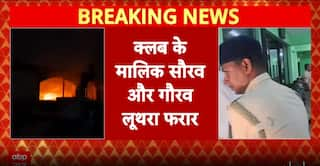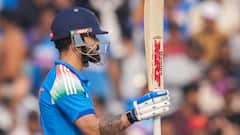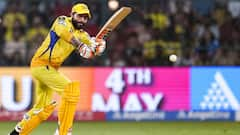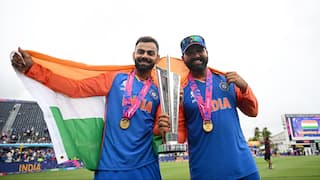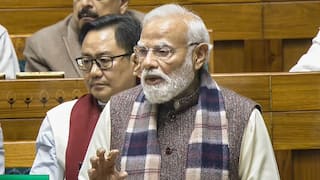ICC Introduces Stop Clock Trial To Facilitate Play In T20 Series Between West Indies and England
The new rule mandates that the bowling team must be prepared to bowl the first ball of their subsequent over within 60 seconds of the previous over's completion.

The International Cricket Council (ICC) has announced the implementation of a stop-clock trial aimed at expediting play, starting with the upcoming T20 series between West Indies and England. The trial will commence during the first game of the five-match T20 series on December 12 (Tuesday) in Barbados and is scheduled to run for six months until April 2024.
In this trial, a clock will be utilised to regulate the time taken between overs. The new rule mandates that the bowling team must be prepared to bowl the first ball of their subsequent over within 60 seconds of the previous over's completion. If the fielding side fails to adhere to this rule for the third time in an inning (following two warnings), a five-run penalty will be imposed.
Wasim Khan, ICC General Manager, emphasised the ICC's ongoing efforts to expedite the pace of international cricket matches. He highlighted the success of the earlier introduced playing condition in 2022, restricting the fielding team to four fielders outside the inner circle if they delay the start of their final over.
“We are continually looking at ways to speed up the pace of play across international cricket. The stop-clock trial in white-ball international cricket follows the introduction of a successful new playing condition in 2022, which resulted in the fielding team only being allowed four fielders outside of the inner circle if they were not in a position to bowl the first ball of their final over in the stipulated time. The outcomes of the stop clock trial will be assessed at the end of the trial period,” said ICC General Manager Wasim Khan
Exceptions to the stop clock rule will account for necessary breaks for equipment changes, drinks, or injuries to maintain fairness. Deductions will apply to the batting team if delays stem from the batter's unpreparedness. This trial initiative expands upon the ICC's 2022 playing conditions, which aimed to address slow over-rates by reducing the number of fielders outside the circle in the final over.
Initially proposed in 2018 by the MCC's World Cricket Committee, comprising cricket luminaries like Ricky Ponting, Sourav Ganguly, and Kumar Sangakkara, the stop clock initiative seeks to minimise 'dead time' between overs in international cricket.







